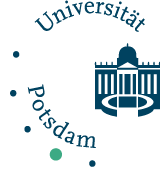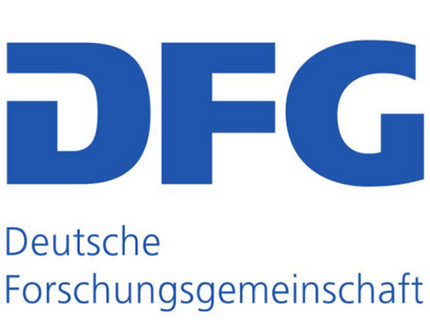Background:
Organisations - e.g. NGOs, administrations and companies - are increasingly coming under pressure to adapt due to digitalisation. They are confronted with new environmental demands, increased transparency, and new collaboration possibilities. In practice, two central movements are emerging as a response to these demands: On the one hand, digital tools are increasingly being used at all points of the value chain. On the other hand, the introduction of these technologies is accompanied by structural changes in organisations labeled by the catchphrase 'agility', which are increasingly trying to break away from their earlier bureaucratic structures.
The project is being carried out jointly with the University of Bielefeld (Prof. Dr. Stefan Kühl). Dr. Judith Muster, Lene Baumgart and Pauline Boos are involved in the sub-project at the University of Potsdam, and Bernd Eckstein in the Bielefeld sub-project.
Main research question:
What is the relationship between digitalisation and de-bureaucratisation processes in companies? How can they be observed and explained? What effects do digitisation initiatives have on the formal expectation structure of companies? At what points can debureaucratisation processes be observed in the context of digitalisation and what organisational movements and areas of tension are forming in the course of this?
The main research question investigates:
Since 2020, three companies have been researched - including a conglomerate, a logistics group and a telecommunications company. In this context, organisational units are being investigated in four case studies with the help of qualitative interviews and participatory observations. These organisational units are characterised by the fact that, on the one hand, they increasingly resort to the use of digital technologies, and, on the other hand, they are traditionally organised in a traditional bureaucratic or post-bureaucratic way.
Research objective:
The aim of the research project is to counter the current management discourse with an empirical as well as theoretical contribution to the relationship between digitalisation and reduction of bureaucracy in companies. In addition to scientific publications, the research results will be reflected to the organisations studied in evaluation workshops in order to ensure a transfer of knowledge into practice.

